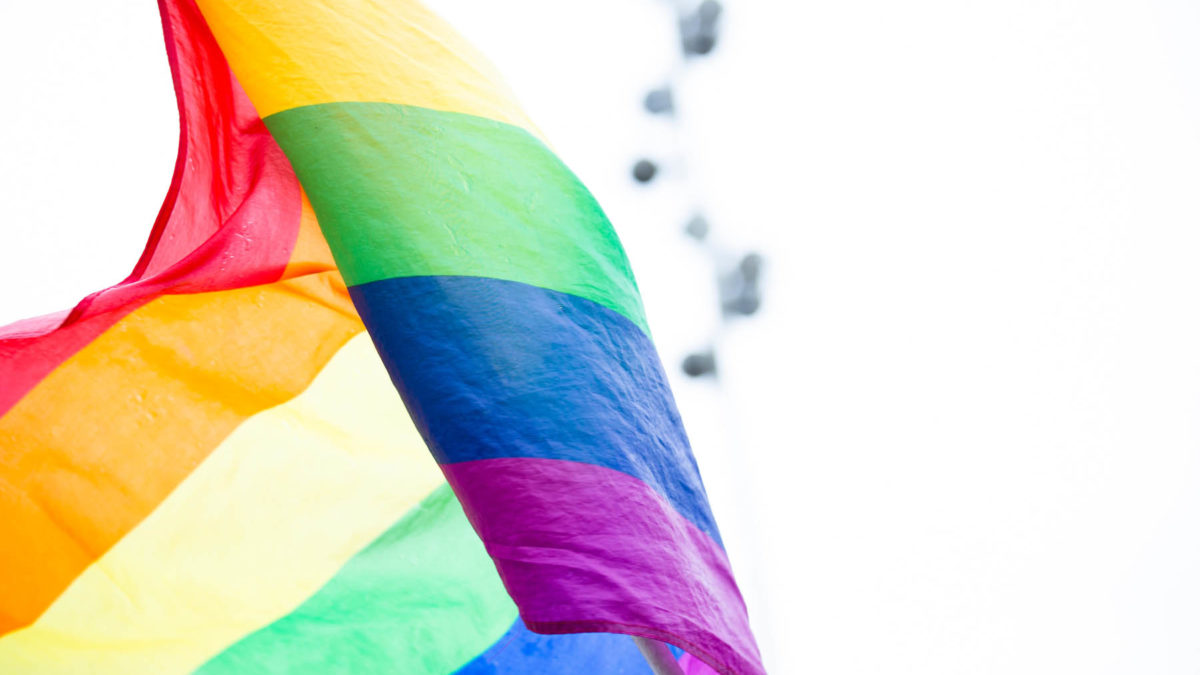Note: “Same-sex” couples is society’s phrase for two people who were assigned the same gender at birth and have not changed their government-recognized gender. This term enforces a false binary of gender and does not reflect the full spectrum of LGBTQ+ identities, but in this article we will use the term as deployed by the South Korean government and international press coverage of the case.
A South Korean appellate court has recognized the rights of a same-sex couple in the country for the first time. In a landmark case, the Seoul high court ruled that the plaintiff, So Seong-uk, and his husband, Kim Yong-min, were entitled to the same health insurance rights as different-sex couples.
RELATED: Marriage equality news
The court found that a government health insurer did owe coverage to the spouse of a customer after the firm withdrew benefits when it discovered their marital status.
The couple had a wedding ceremony in 2019, but same-sex marriage is not yet recognized by the South Korean state. In 2020, thanks to a clerical loophole, So was able to register Kim as a spousal dependent with the National Health Insurance Service (NHIS), allowing Kim to be covered as a dependent on So’s healthcare plan. After discovering the couple was gay, the NHIS withdrew coverage and ordered Kim to pay retroactive contributions since the couple’s marriage was not legally recognized.
In 2021, So sued the NHIS over this, with a lower court upholding the insurance service’s decision to reject the petition in January 2022. The lower court’s ruling denied Kim the right to receive spousal coverage, even though the service grants such rights to common-law couples who are straight.
This week, the Seoul high court overturned that verdict in a narrow but significant win for LGBTQ+ rights in South Korea. The high court found that denying same-sex couples insurance benefits amounted to discrimination. The ruling was the court’s “first recognition of the legal status of a same-sex couple”, says Park Han-hee, So’s lawyer, according to Yonhap news agency. The case is slated to be challenged in the Supreme Court, but activists are hopeful that this decision will begin to move the needle for LGBTQ+ legal rights in the nation.
“This is an important decision that moves South Korea closer to achieving marriage equality,” Amnesty International’s east Asia researcher, Boram Jang, said in a statement to The Guardian. “There is still a long way to go to end discrimination against the LGBTQ+ community, but this ruling offers hope that prejudice can be overcome. This ruling is significant as the first decision legally recognizing same-sex couples to be made by a court at any level in South Korea, but much more needs to be done to end discrimination against, and criminalization of, the LGBTQ+ community.”
Stay up to date on marriage equality news by joining our mailing list.
Marley Madding
MOST VIEWED STORIES
- A Closer Look at Formalwear Trends: What Data Says About Suits in 2025
- A Celebration of Blush & Bashful at Madonna Inn for Two Grooms Alex and Joey
- Amanda + Victoria’s French Quarter Engagement
- Elevated monochromatic minimalism wedding inspiration
- Kristen Stewart and Dylan Meyer Have Officially Tied the Knot

























